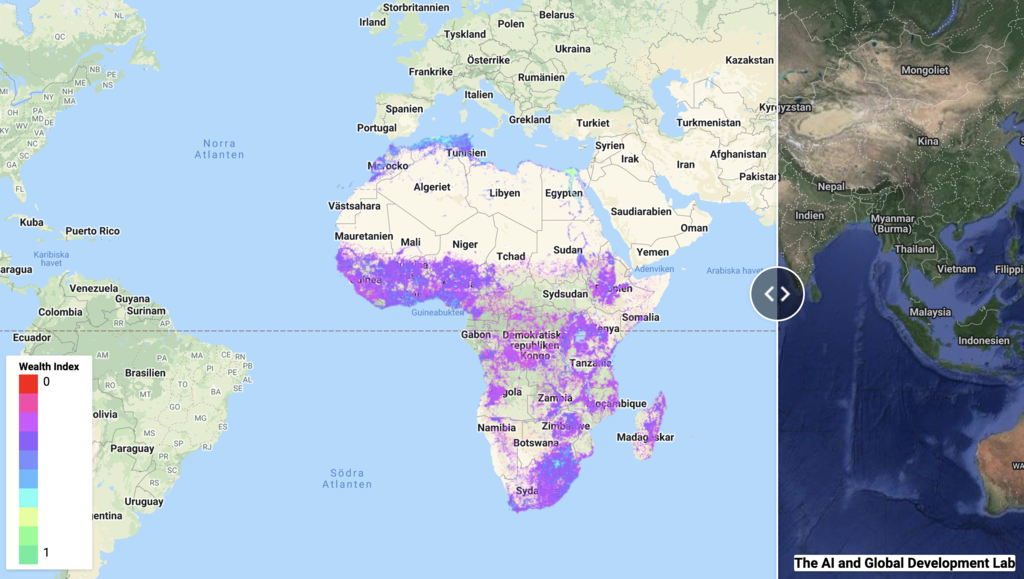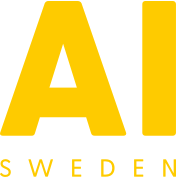AI Space Challenge for Social Good
Are you in high school (Swedish "gymnasium") or recently graduated and have an interest in artificial intelligence and how it can be used for good purposes? Sign up for the AI Space Challenge for Social Good!

Join AI Sweden's Young Talents, Maxar Technologies, CGit, the Swedish National Space Agency, and the AI and Global Development Lab at Linköping University, and Chalmers University in a challenge addressing poverty prevention. Preventing poverty is a critical topic for the United Nations’ Sustainable Development Goals and all concerned parties in this challenge. Sign up for the challenge before May 12!
More about the challenge and sign up here
General information
Through satellite data, teams of high school students, or recent graduates, will be presented with a challenge formulation to work on for two weeks. The challenge is presented at the kick-off event May 16th at 16:30 (CET), spans over two weeks with a deadline May 29, and the winners will be announced on May 30.
You can either sign up as a team of two to five (2-5) participants or sign up alone and get placed in a team with others. The challenge will be conducted online from your computers in a tools platform provided by AI Sweden’s partner CGit.
The focus of the challenge will be on poverty prevention with satellite data supplied by Maxar Technologies. The challenge is formulated together with several stakeholders and the results will contribute to research at the AI and Global Development Lab.
The challenge
Participants will be presented with all relevant data, including poverty maps and satellite images, to analyze and predict poverty in different areas of Africa. A benchmark model will be provided by AI Sweden’s Young Talents. The participating teams are encouraged to develop the existing model or you may come up with other methods to analyze the poverty situation in specified areas. The challenge is also open for participants to come up with their own ideas and approaches to working with the data. The overall goal is to evaluate your model’s performance on held-out data in terms of R2 (explained variance). The held-out data will be randomly selected by the jury.
More about the evaluation and prize.
Timeline
Want to be part of the next cohort of the Young Talent Program? Make sure to apply.

